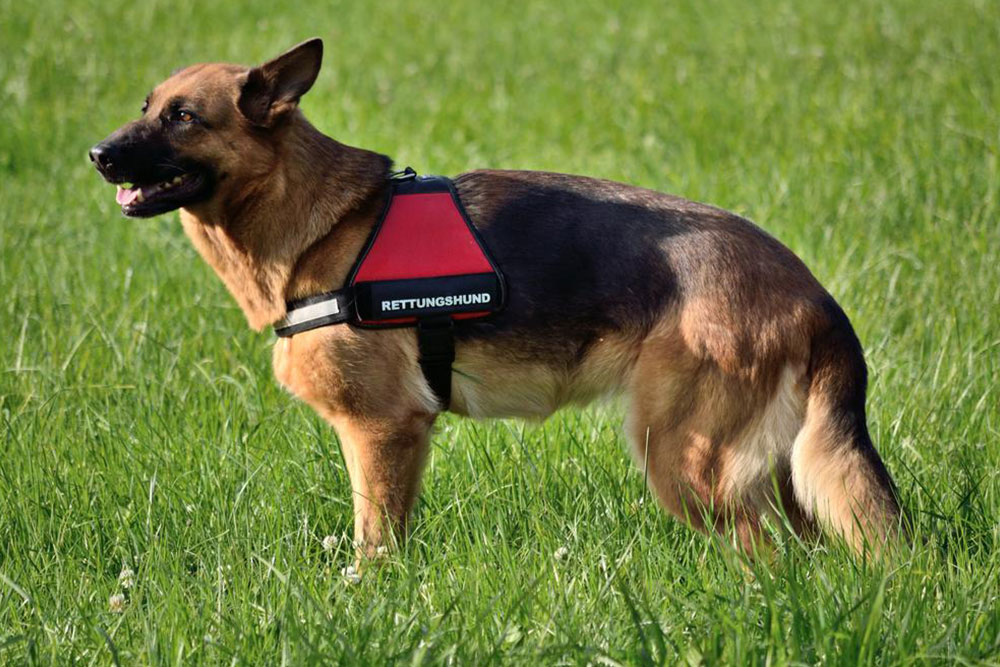Guide to Selecting Small Dog Breeds for Your Home
Discover essential tips for choosing the right small dog breed for your family. Learn about family involvement, breed selection, costs, health considerations, and training needs. Make an informed decision to ensure a happy, long-lasting relationship with your new furry friend.
Sponsored
Guide to Choosing the Perfect Small Dog Breed
Dogs are known as loyal companions, bringing joy and affection into our lives. With numerous pet stores offering small and large breeds, finding the ideal dog can seem overwhelming. To ensure a happy relationship, it's important to understand the behavioral traits of small dog breeds before making a decision. If you're planning to add a puppy to your family and prefer a small breed, here are essential tips to help you choose the right furry friend for your home.
Involve Family in the Decision
Before bringing a dog home, it's crucial to get everyone's input. Ensuring all family members are comfortable with the new pet helps prevent future conflicts. Consider the temperament of the household and select a small breed that complements your living environment. Remember, caring for a dog is a long-term commitment of at least 12–15 years, so make a well-considered choice based on practicality rather than impulse.
Choose the Appropriate Breed
Once your family agrees, research suitable small dog breeds. Consulting with pet owners or veterinarians can provide valuable insights. Active breeds like Jack Russell Terriers require regular exercise and playtime, while calm, adaptable breeds like Maltese are great companions for families with children or other pets. Selecting a breed that matches your lifestyle ensures happiness for both you and your new pet.
Understanding Costs Involved
Owning a small dog includes financial responsibilities. Budget for food, toys, veterinary visits, and preventive care. Additionally, consider expenses for kennels or vacation accommodations if needed. Commitment to your dog’s well-being extends beyond basics; proper care and companionship are essential. Carefully evaluate the upkeep requirements of different breeds to make an informed choice that fits your budget and lifestyle.
Prioritize Good Health
Health is key when selecting a small dog breed, especially for first-time owners. Always seek healthy puppies from reputable breeders or sales events. If possible, learn about the dog’s parents to assess genetic health. Breeds like Shih Tzus are often suitable for families with children due to their friendly nature. Ensuring your potential pet is in good health will contribute to a long, happy relationship.
Visit a Veterinarian
After choosing a breed, schedule a vet appointment promptly. Regular check-ups, vaccinations, and health assessments are vital in safeguarding your dog’s well-being. Selecting a reliable veterinary clinic in your area ensures your pet receives proper medical attention from the start of your relationship.
Train and Socialize Your Small Dog
Proper training and socialization are essential for a well-behaved companion. Early social interaction and consistent training prevent behavioral issues and foster good manners. Remember, puppies grow old, and their needs change over time. Providing ongoing care and attention ensures your small dog remains a happy, healthy member of your family.






